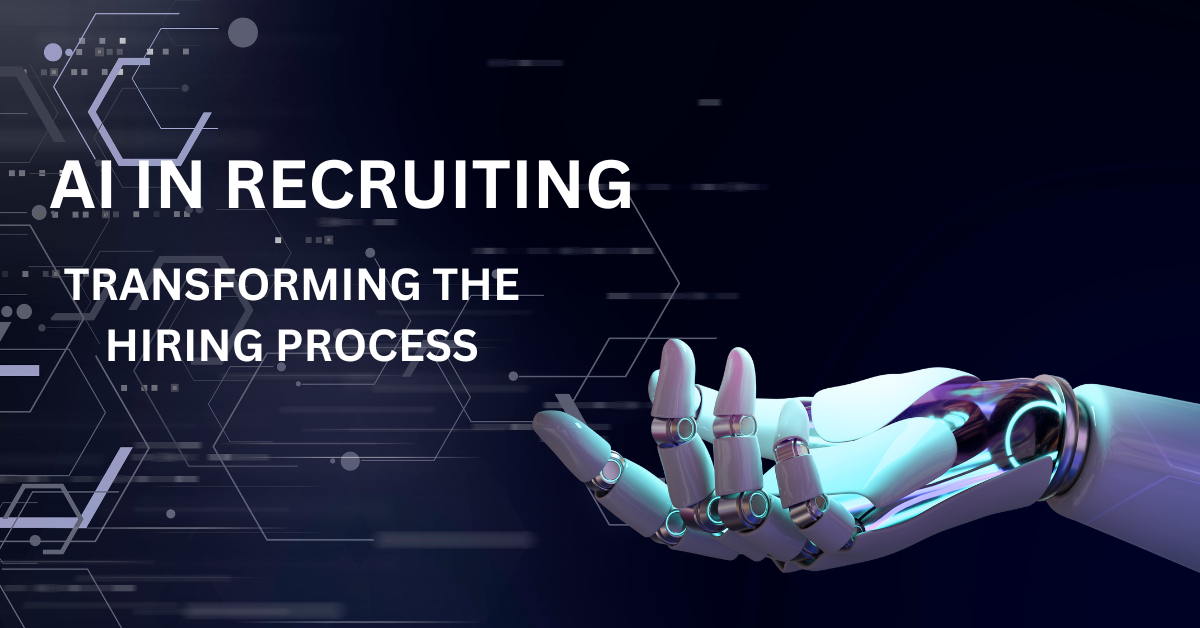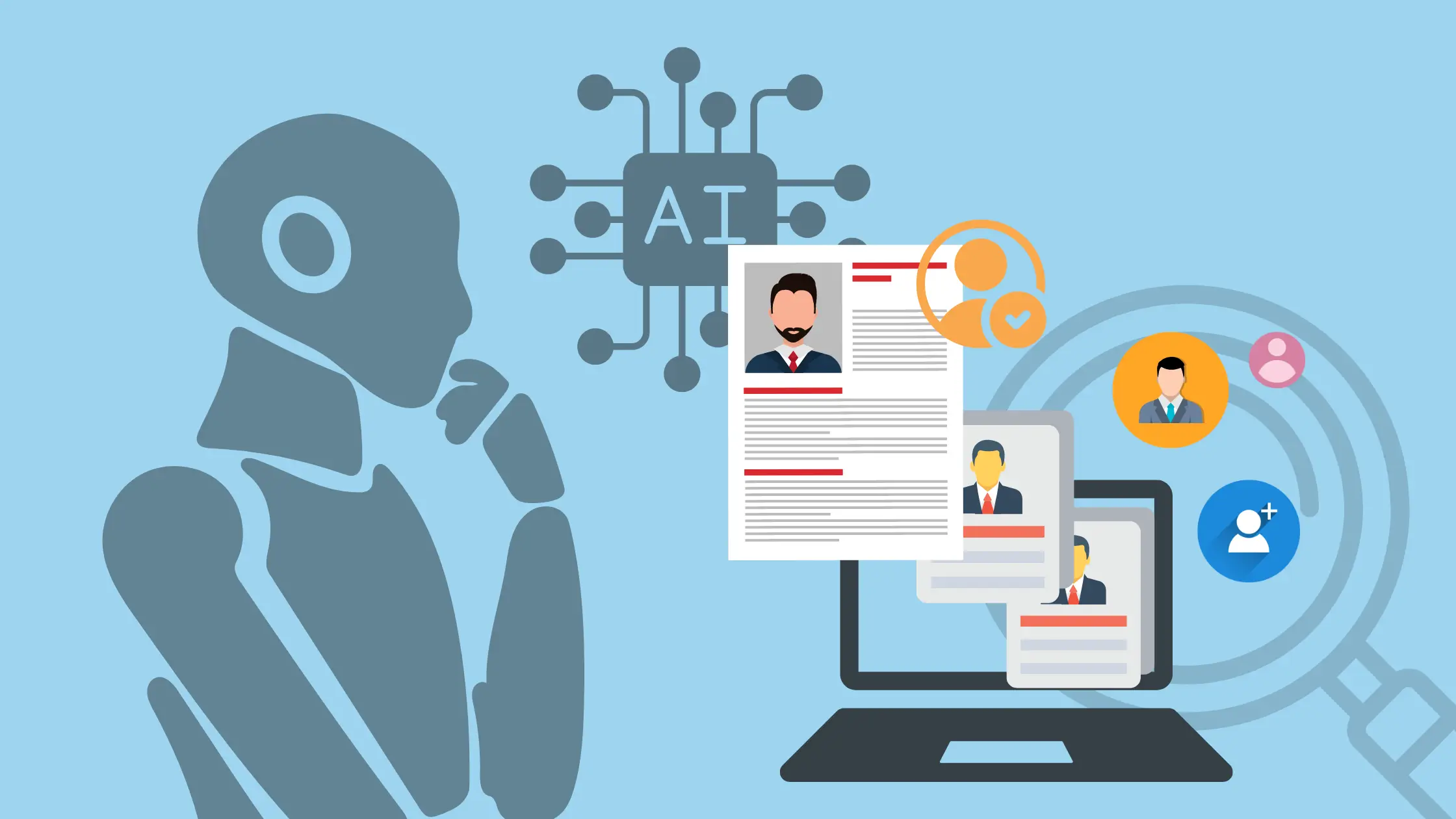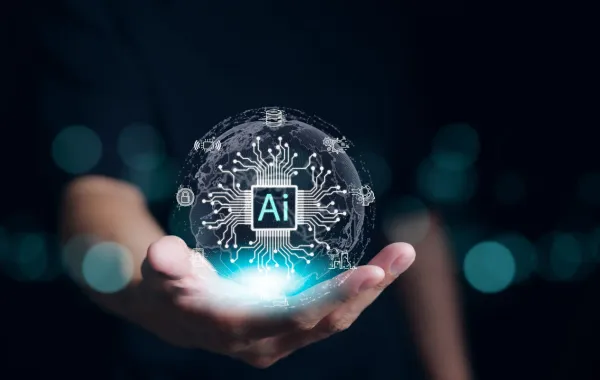Creating Inclusive Hiring Practices with AI

In today's rapidly evolving job market, fostering diversity and inclusion has become a paramount objective for organizations worldwide. Artificial Intelligence (AI) is emerging as a pivotal tool in achieving these inclusive hiring practices. By leveraging AI, companies can mitigate unconscious biases, streamline recruitment processes, and cultivate a more diverse workforce.
The Role of AI in Promoting Inclusive Hiring

AI-driven recruitment tools offer a structured and consistent approach to evaluating candidates, focusing on skills and qualifications rather than subjective judgments. This methodology helps eliminate biases that often infiltrate traditional hiring processes. For instance, AI can anonymize applications by removing personal identifiers, ensuring that candidates are assessed solely on their professional merits. This practice promotes a fairer selection process, as highlighted by Monroe Consulting Group.
Recent Statistics on AI and Inclusive Hiring
The integration of AI in recruitment is witnessing significant growth:
• Global Adoption: As at 2023, approximately 88% of companies worldwide had incorporated AI technology into their human resources operations, including recruitment.
• Efficiency Gains: 44% of recruiters and 67% of hiring decision-makers identify time-saving as AI's primary advantage in the hiring process.
• Bias Reduction: 68% of recruiters believe that AI can help eliminate unintentional bias in recruitment, leading to more equitable hiring outcomes.
Challenges and Considerations
While AI offers promising solutions, it's essential to address potential challenges:
Bias in AI Systems: AI models can inadvertently perpetuate existing biases present in their training data. A study highlighted that certain AI systems favored White-associated names in 85.1% of cases, underscoring the need for continuous monitoring and updating of AI models to detect and correct such biases.
Transparency and Trust: Candidates express concerns about the impersonal nature of AI-driven hiring. A survey revealed that 79% of workers desire transparency regarding AI's role in the recruitment process, emphasizing the importance of clear communication to maintain trust.
Best Practices for Implementing AI in Inclusive Hiring

To harness AI effectively for inclusive hiring, organizations should consider the following strategies:
- Anonymized Screening: Implement AI tools that remove personal information from applications, ensuring assessments are based solely on relevant skills and experiences.
- Regular Bias Audits: Continuously evaluate and update AI systems to identify and rectify any embedded biases, fostering a fairer recruitment process.
- Human-AI Collaboration: Utilize AI to support, not replace, human judgment. While AI can efficiently handle initial screenings, final hiring decisions should involve human insight to consider nuances that AI might overlook.
Conclusion
Integrating AI into hiring practices presents a significant opportunity to enhance diversity and inclusion within organizations. By thoughtfully implementing AI tools and maintaining vigilant oversight, companies can create a more equitable recruitment process that values merit and fosters a diverse workforce.





